Itraconazole, sometimes abbreviated ITZ, is an antifungal medication used to treat several fungal infections. This includes aspergillosis, blastomycosis, coccidioidomycosis, histoplasmosis, and paracoccidioidomycosis. It may be given by mouth or intravenously. Common side effects include nausea, diarrhea, abdominal pain, rash, and headache. Severe side effects may include liver problems, heart failure, Stevens–Johnson syndrome, and allergic reactions, including anaphylaxis. It is unclear if use during pregnancy or breastfeeding is safe. It is in the triazole family of medications. It stops fungal growth by affecting the cell membrane or affecting their metabolism. Itraconazole was patented in 1978 and approved for medical use in the United States in 1992. It is on the World Health Organization’s List of Essential Medicines. Recent research suggests that itraconazole (ITZ) could also be used in the treatment of cancer by inhibiting the hedgehog pathway in a similar way to sonidegib.
ITRACONAZOLE
| Application | Anti Fungal |
|---|---|
| Availability | For Research and Commercially available with USDMF, CEP, ASMF |
| Manufacturer Specifications | Available on request |
| Molecular Formula | C35H38Cl2N8O4 |
| Material Safety Data Sheet | Available on request |
| Molecular Weight | 705.63 |

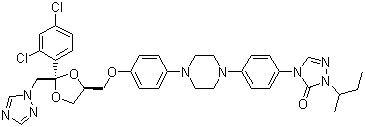
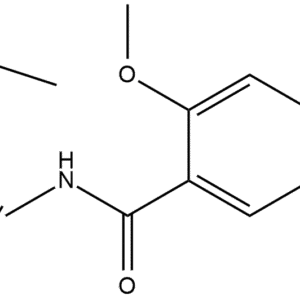
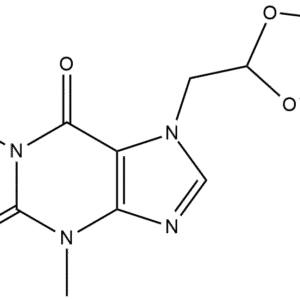
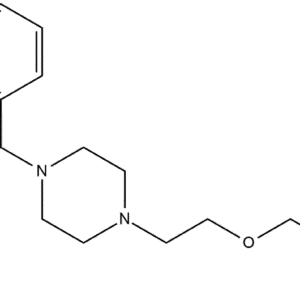
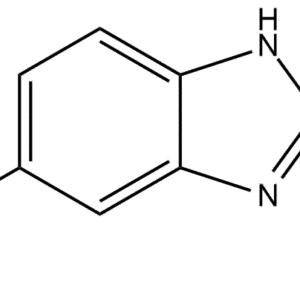

Reviews
There are no reviews yet.